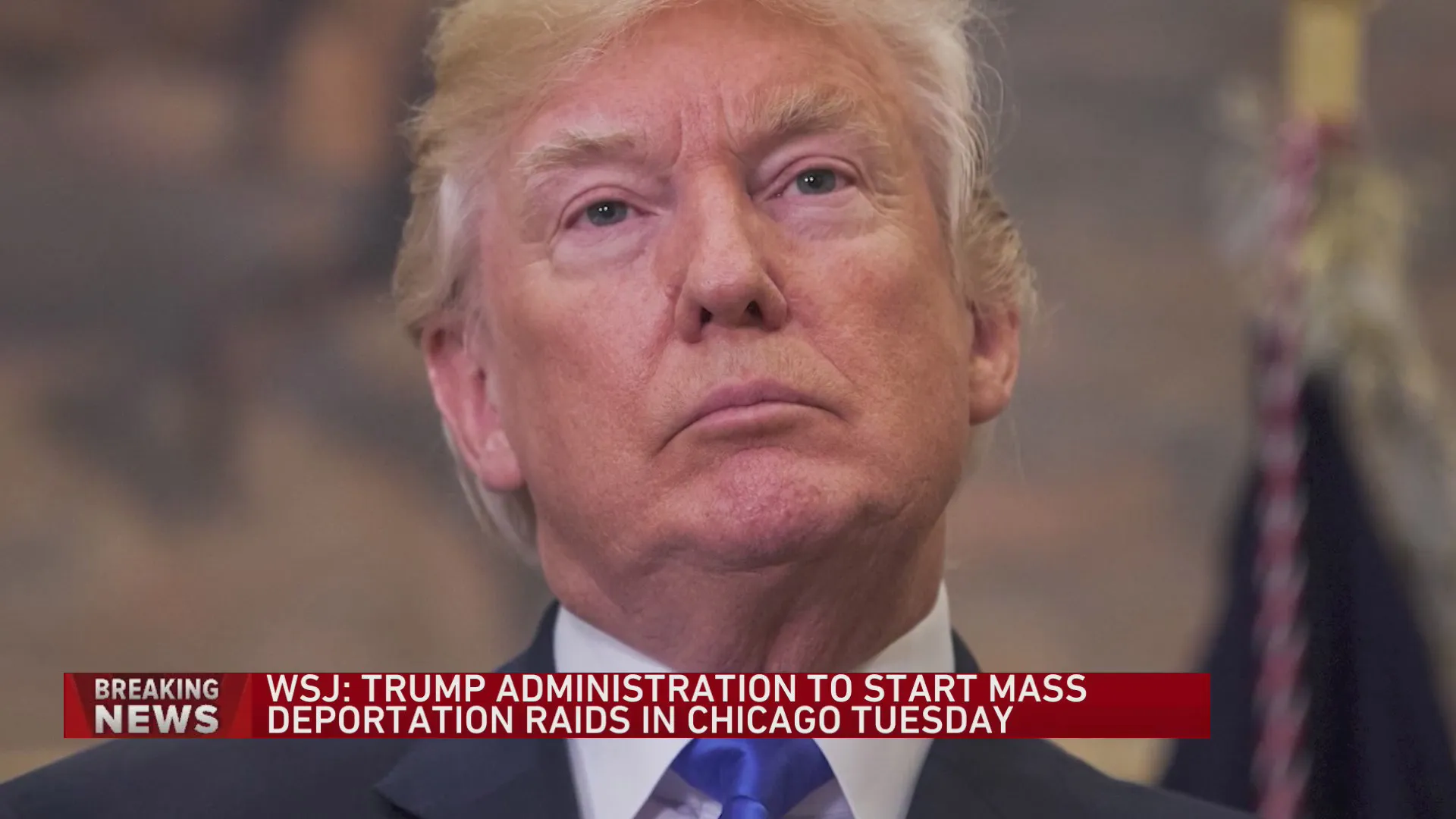Mass Deportation: The Controversial Plan That Could Change America Forever
In a dramatic shift that could fundamentally reshape the United States’ social and economic landscape, a proposed mass deportation plan has emerged as one of the most contentious political initiatives in recent memory. The potential policy threatens to impact an estimated 11 million undocumented immigrants, sparking intense debate across the nation.
The Heart of the Controversy
Mass deportation represents a large-scale effort to remove undocumented individuals from the United States, with far-reaching implications that extend well beyond simple immigration enforcement. Experts warn that the proposed plan could trigger unprecedented social and economic disruption, touching nearly every aspect of American life.
Economic Implications
The potential economic impact is staggering. Industries heavily reliant on immigrant labor—particularly agriculture and construction—could face massive workforce challenges. According to economic analysts, the deportation plan could:
- Create significant labor shortages
- Potentially cost taxpayers up to $88 billion annually
- Disrupt critical economic sectors
“This isn’t just about immigration; it’s about the fundamental structure of our economy,” says Dr. Maria Rodriguez, immigration policy expert at the National Immigration Forum.
Human Cost
Behind the statistics are real human stories. More than 4 million U.S.-born children live with undocumented parents, raising profound humanitarian concerns. Families face potential separation, with children potentially torn from the only home they’ve ever known.
Legal and Political Landscape
The proposed plan would require an unprecedented mobilization of law enforcement resources. Estimates suggest nearly 100,000 officers would be needed to implement such a comprehensive deportation strategy. Legal challenges are almost certain, with many arguing the plan could violate due process rights.
Public Opinion Divided
Public sentiment remains deeply split. Supporters argue the plan is necessary for national security and job protection, while opponents view it as a humanitarian crisis in the making.
Potential Consequences
The long-term implications extend far beyond immediate deportation:
- Potential demographic shifts
- Strained international relations
- Increased community tensions
- Economic restructuring
Community Impact
Local communities could experience significant disruption. Immigrant populations contribute substantially to local economies, and their sudden removal could create unexpected and potentially devastating consequences.
The Broader Context
Historically, mass deportation is not without precedent in the United States. However, the scale and potential implementation of the current proposal represent an unprecedented approach to immigration policy.
International Considerations
The plan could strain diplomatic relationships, particularly with countries receiving deported individuals. Nations already struggling with economic and social challenges might face additional burdens from large-scale deportations.
Conclusion
As the debate continues, one thing remains clear: the proposed mass deportation plan represents a pivotal moment in American immigration policy. Its implementation could fundamentally alter the nation’s social fabric, economic structure, and international standing.
The conversation is far from over.
Disclaimer: This article presents an objective overview of the mass deportation proposal, drawing from multiple sources and perspectives.






Leave a Comment